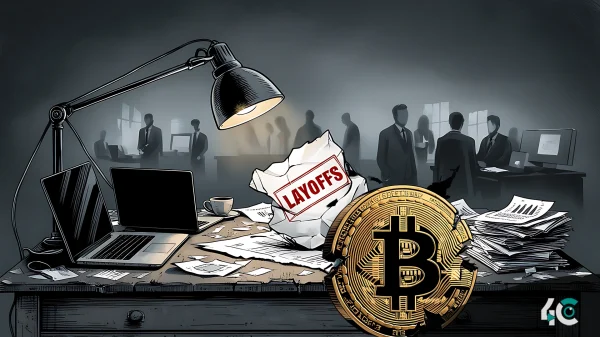As Bitcoin gains traction among institutions, the value of self-custody becomes more apparent. Trezor, a renowned hardware wallet vendor, emphasizes that self-custody protects Bitcoin holders from the risks associated with centralized institutions.
Institutional involvement has hastened Bitcoin’s mainstream adoption and price increase. However, it carries inherent risks, including centralization and the possibility of huge losses if institutions fail. According to Trezor’s Bitcoin expert, Lucien Bourdon, these concerns underline the importance of self-custody—a technique in which users store their money without relying on third parties
Self-custody assures that users have complete control over their assets by safely and independently maintaining private keys. This strategy not only guards against institutional failures, but it also supports Bitcoin’s decentralized ethos. “Over the long term, those in self-custody remain insulated from these risks while benefiting from Bitcoin’s increasing adoption and value,” according to Bourdon.
Governments and companies are acquiring Bitcoin, but individuals still hold the vast bulk of its supply. This dynamic strengthens Bitcoin’s decentralization by dispersing control among many rather than concentrating it in a few entities.
However, self-custody is not without obstacles. Users must keep their private keys safe, as losing them results in irrecoverable cash. Despite this responsibility, the practice is growing due to the surge in demand for hardware wallets like Trezor and TrustWallet.
The growing popularity of self-custody reflects a broader cultural movement toward personal accountability and digital empowerment. To commemorate this growth, Trezor has released a limited-edition hardware wallet series that represents financial freedom and Bitcoin’s resilience.
As Bourdon rightly remarked, “History shows that Bitcoin survives crises and distractions.” The greatest way forward is to protect your capital, believe in good money, and enjoy the freedom that self-custody provides.” Self-custody is more than just a storage solution; it represents a commitment to independence and security in the ever-changing digital era.
















































